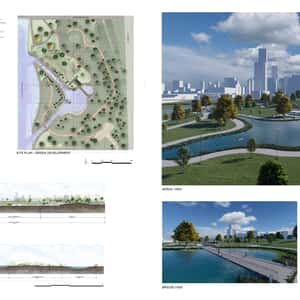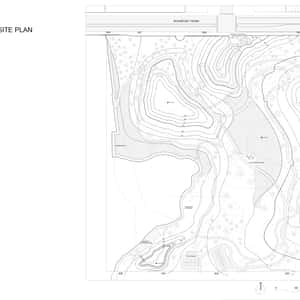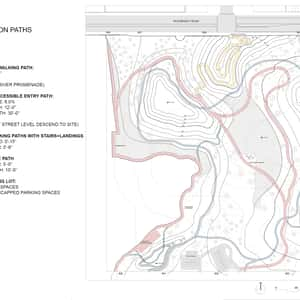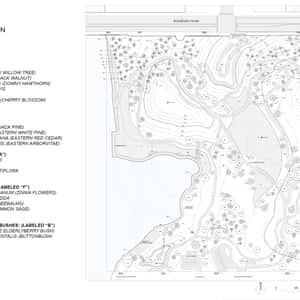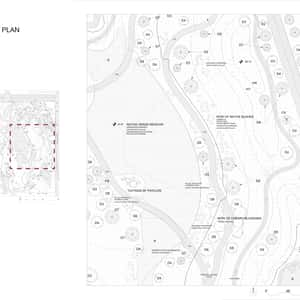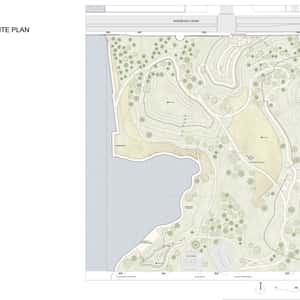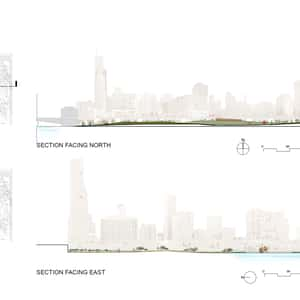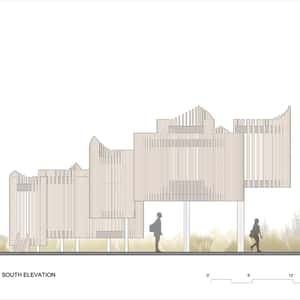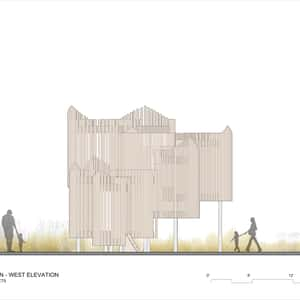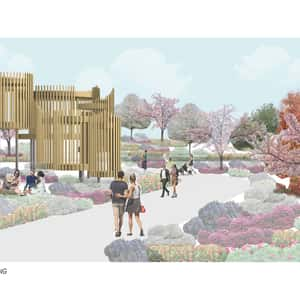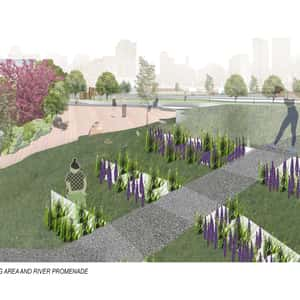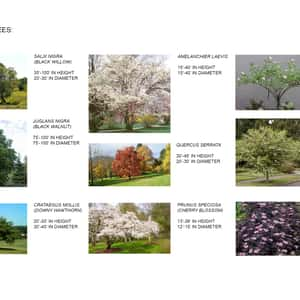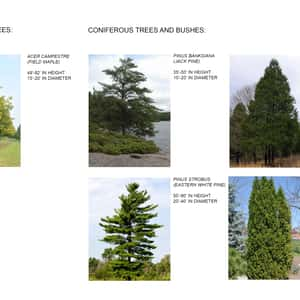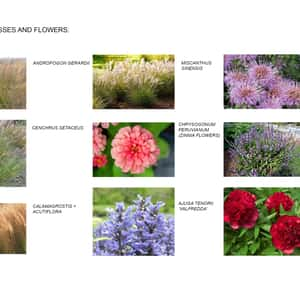Core Curricula Fall
- Jlees Ahmed •
- Ethan Pulvermacher •
- Abraham Godina •
- Sara Holmgren •
- Delisha Mehta •
- Aaron Calderon •
- Caleb Kwok •
- Jacob Q Winters •
- Julianna Roberts •
- Kara Connolly •
- Tori Charmoli •
- Hailey Blair •
- Julian Glaser •
- Sarah Tessier •
- Julian Sarria •
- Flora Fox
ARCH 107 : Undergraduate Design Communications I, Pixel Perfect
DC I explores a wide range of approaches to drawing and introduces tools and methodologies that are part of an architect’s essential skill set. This course prompts engagement with the materiality and substance of drawings as physical artifacts of thinking processes. A hybridization of analog and digital techniques is the core focus of weekly projects, each building upon the last. Group discussions and critiques encourage a discourse on strategies to effectively communicate, analyze, and develop design.
DIGITAL AND ANALOG SAMPLES : PIXEL PERFECT
Introduction to the fundamentals of digital imaging by overlaying basic raster operations in Adobe Photoshop with multiple rounds of printing, sketching, scanning, and photographing.
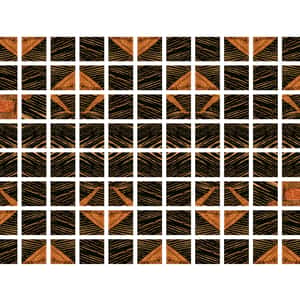
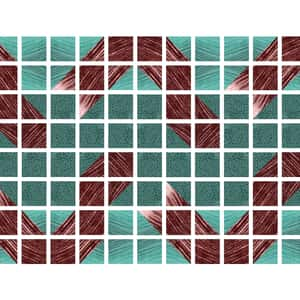
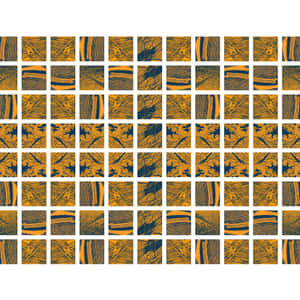
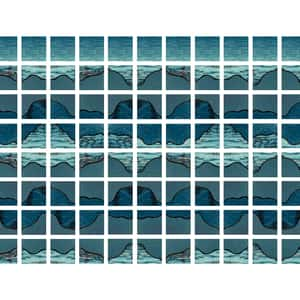
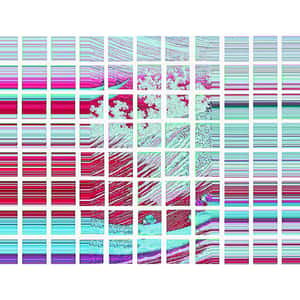
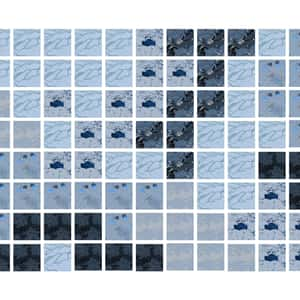
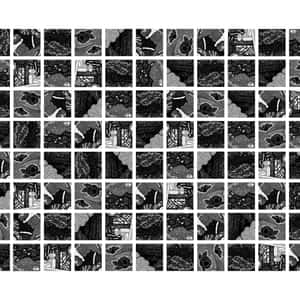
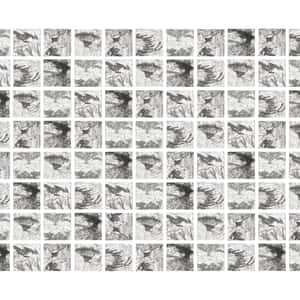
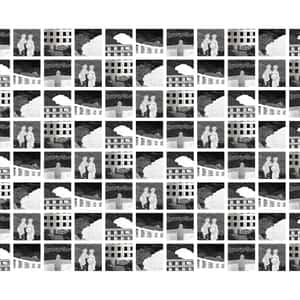
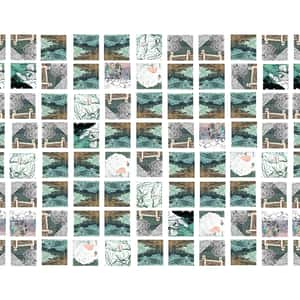
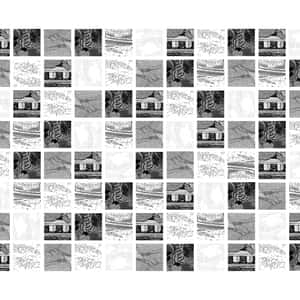
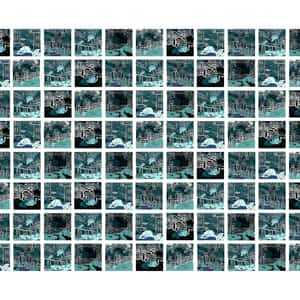
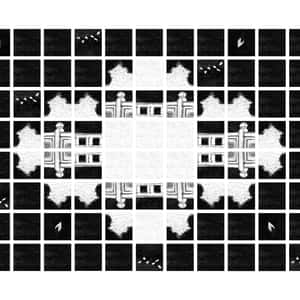
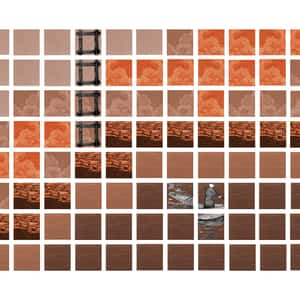
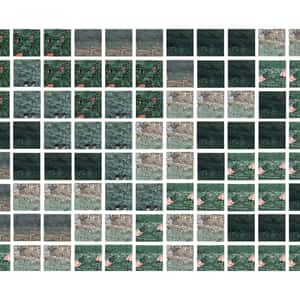
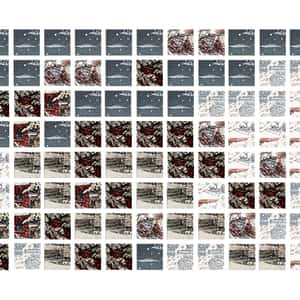
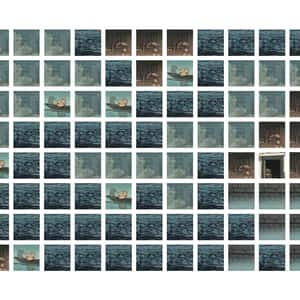
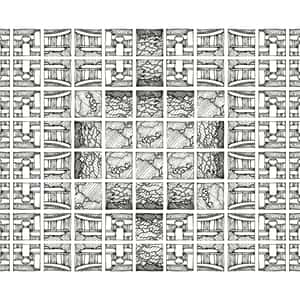
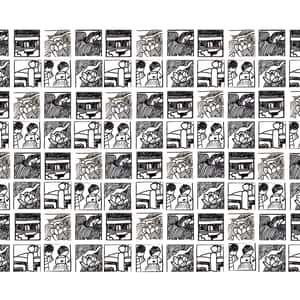
- Robert Anderson •
- Ethan Casalins •
- Ethan Phillips •
- Sarah Tessier •
- Delisha Mehta •
- Alek Rigney •
- Cylas Hall •
- Aaron Calderon •
- Mercy Godfrey •
- Emily Yeow •
- Leila Hoxha •
- Victoria Charmoli •
- Ruxin Huo •
- Kara Connolly •
- Jacob Q Winters •
- Johnson •
- Starnes •
- Diana Contreras •
- Delgado Paredes
ARCH 107 : Undergraduate Design Communications I, Line Dance
DC I explores a wide range of approaches to drawing and introduces tools and methodologies that are part of an architect’s essential skill set. This course prompts engagement with the materiality and substance of drawings as physical artifacts of thinking processes. A hybridization of analog and digital techniques is the core focus of weekly projects, each building upon the last. Group discussions and critiques encourage a discourse on strategies to effectively communicate, analyze, and develop design.
LINE AND SHAPE : LINE DANCE
Introduction of vector and raster integration to evoke depth and dimension through nuances of line, tone, and color.
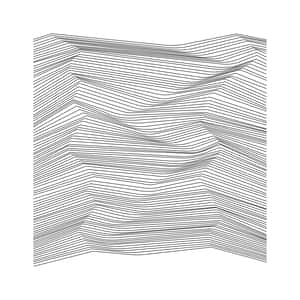
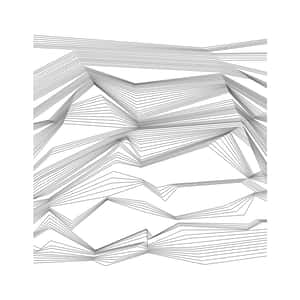
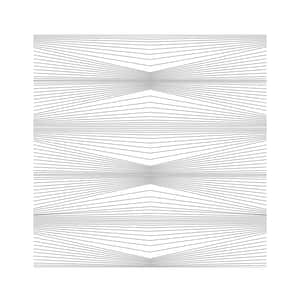
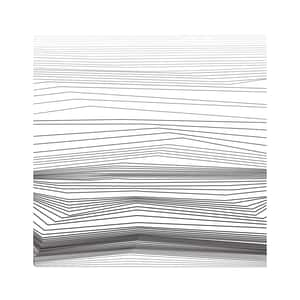
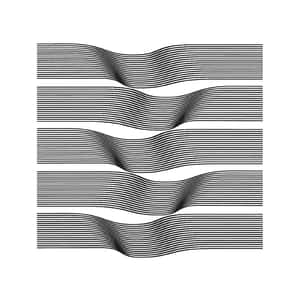
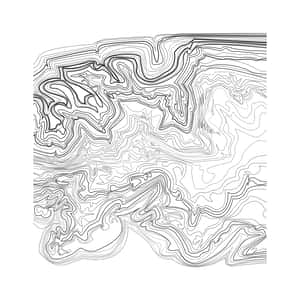
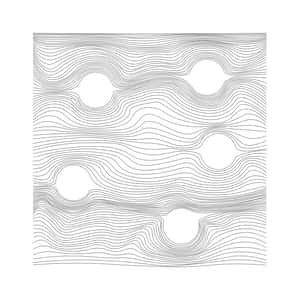
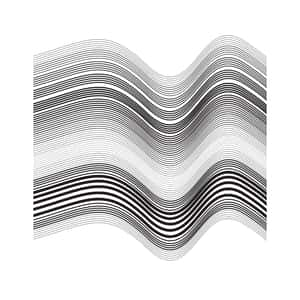
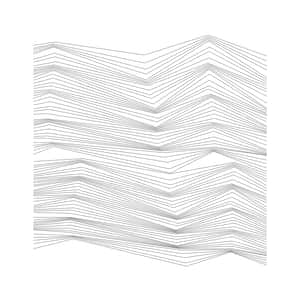
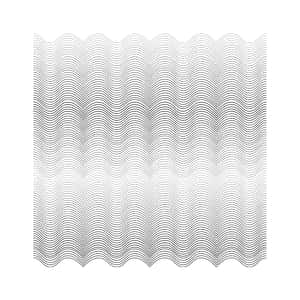
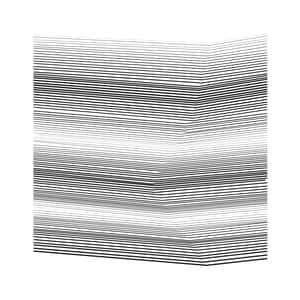
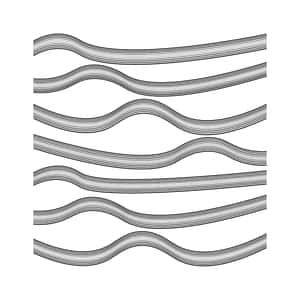
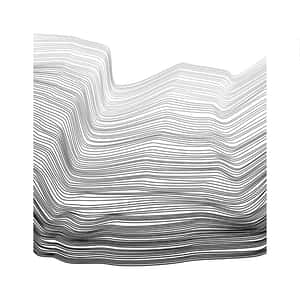



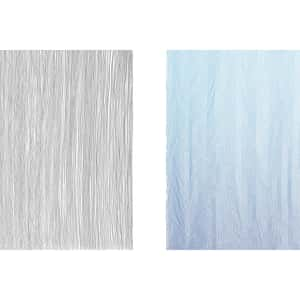
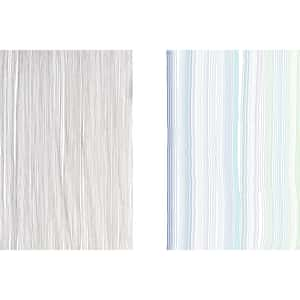
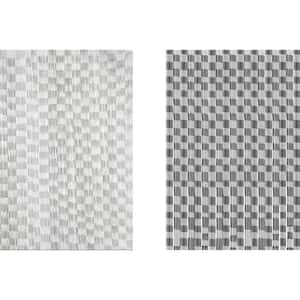
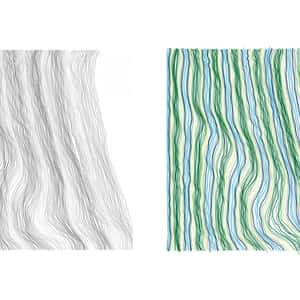
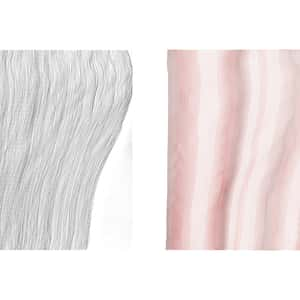
- Diana Contreras •
- Sarah Tessier •
- Karina Welch •
- Delisha Mehta •
- Gemma Brizzolara •
- Kara Connolly •
- Jacob Q Winters
ARCH 107 : Undergraduate Design Communications I, Cut Copy Comix
DC I explores a wide range of approaches to drawing and introduces tools and methodologies that are part of an architect’s essential skill set. This course prompts engagement with the materiality and substance of drawings as physical artifacts of thinking processes. A hybridization of analog and digital techniques is the core focus of weekly projects, each building upon the last. Group discussions and critiques encourage a discourse on strategies to effectively communicate, analyze, and develop design.
COLLAGE AND COMPOSITION : CUT COPY COMIX
Cut paper collages become the basis for the three dimensional spatial constructs of DC I SPACE STUDIES.
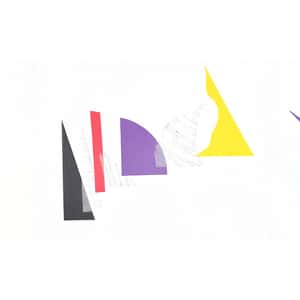
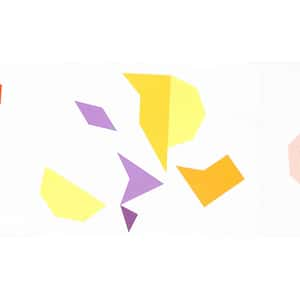


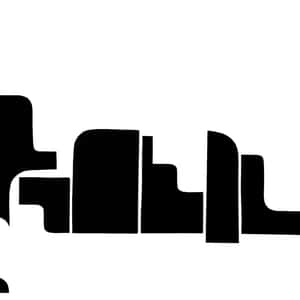
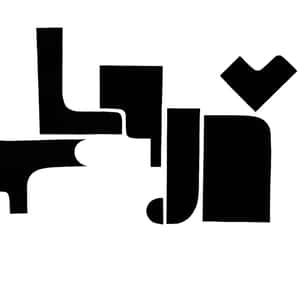
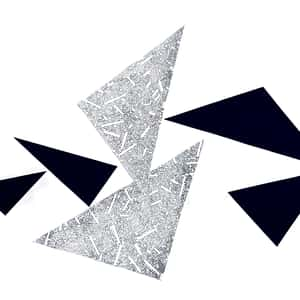
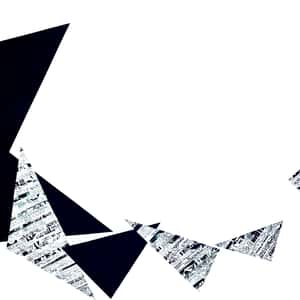
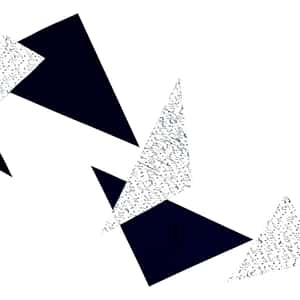

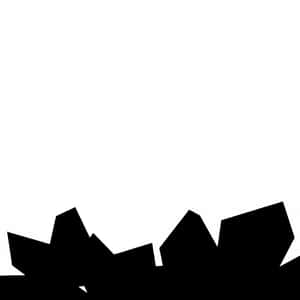
- Alek Rigney •
- Hailey Blair •
- Kelsey Starnes •
- Marina Delgado Paredes •
- Noah Johnson •
- Robert Anderson •
- Saurav Ayyagari •
- Zoe Koehl •
- Stefannie Er Tuason •
- David Holmquist •
- Emily Duong •
- Akshat Goyal •
- Nicholas Ledonne •
- Charles Paguia •
- Thomas Lozanovski •
- Karina Welch •
- Kara Connolly •
- Ruxin Huo •
- Kamila Igambergenova •
- Anastasiya Kovylina •
- Caleb Kwok
ARCH 107 : Undergraduate Design Communications I, Space Studies
DC I explores a wide range of approaches to drawing and introduces tools and methodologies that are part of an architect’s essential skill set. This course prompts engagement with the materiality and substance of drawings as physical artifacts of thinking processes. A hybridization of analog and digital techniques is the core focus of weekly projects, each building upon the last. Group discussions and critiques encourage a discourse on strategies to effectively communicate, analyze, and develop design.
VOLUMES AND NARRATIVES : SPACE STUDIES
Introduction to 3D vector modeling within Rhinoceros. The final chapter of the course focuses on multi-dimensional storytelling via mixed media, populated renderings representing space, atmosphere, and time.
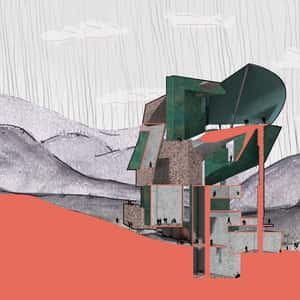
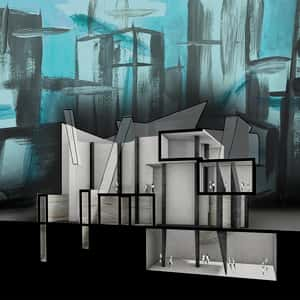
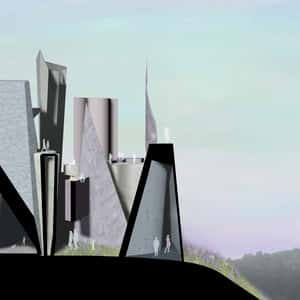
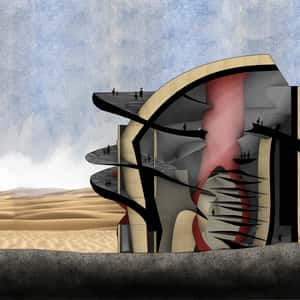
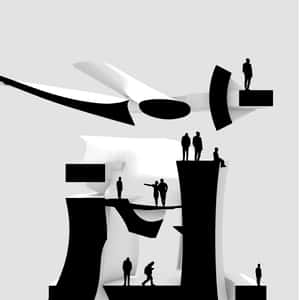
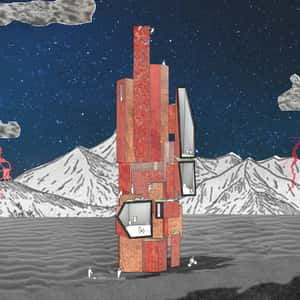
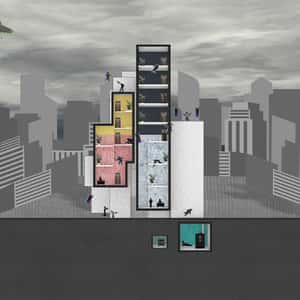
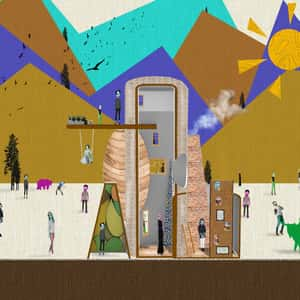
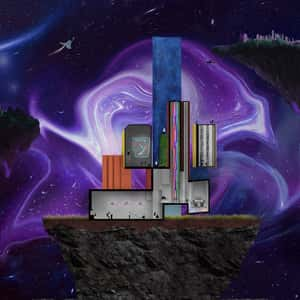
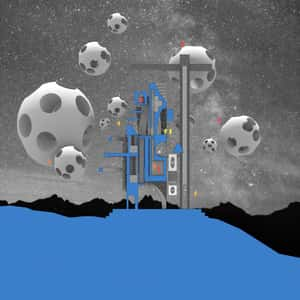
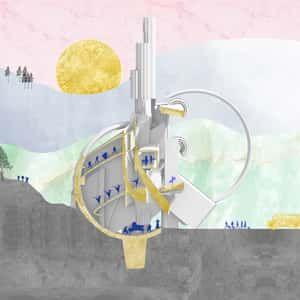
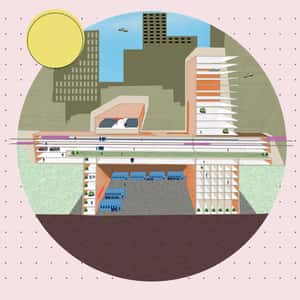
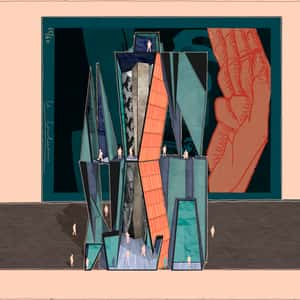
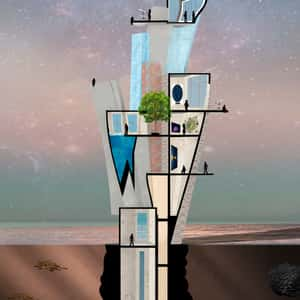
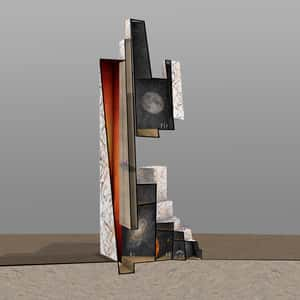
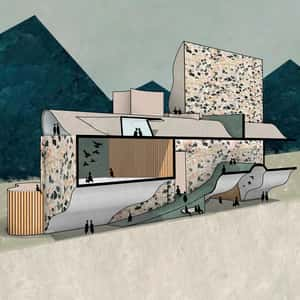
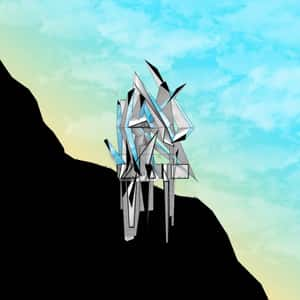
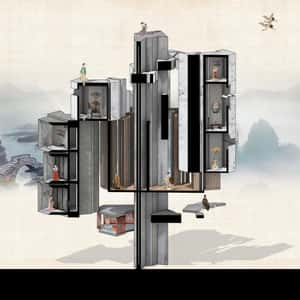
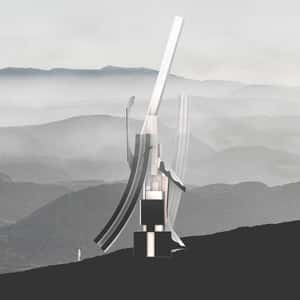
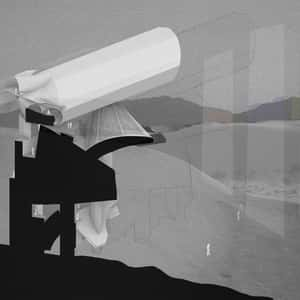
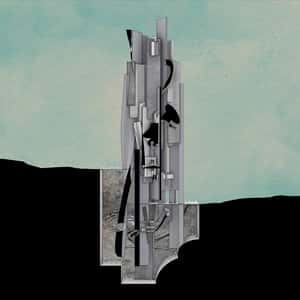
- Mya Huddleston •
- Daria Dewolf •
- Asiye Yukselen •
- Samuel Kastan •
- Jonah Laduca •
- Hayley Robbins •
- Kiara Yahya •
- Kylee Hennes •
- Sam Larsen •
- Alejandro Reyes •
- Oana Giuglea •
- Celine Shoudel •
- Matteo Calafiura Soleri •
- Anthony Tuman •
- Katarzyna Wodzisz •
- Saeah Yu •
- Ashton Voorhees •
- Alec Dunbar
ARCH 207 : Design Communications III
Students in this course did not designing buildings. Instead, they thought through the process of designing buildings through exercises requiring a rigorous method of working with the digital platforms of Rhino, Illustrator, Photoshop, InDesign, and others to examine and describe geometry, form, and character. Emphasis was placed on developing precision in the representational process through the translation of digital work into physical drawings and models.
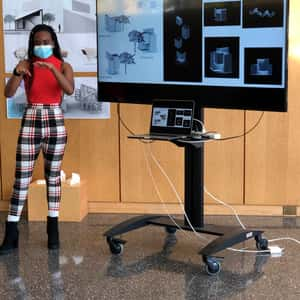
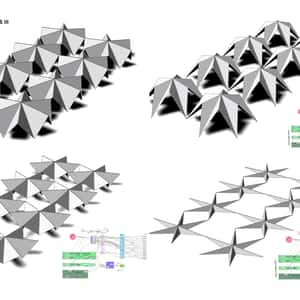
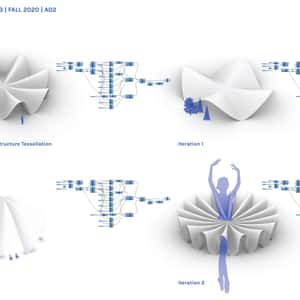
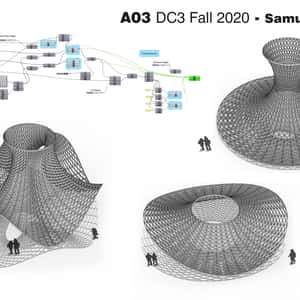
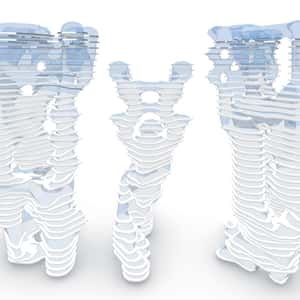
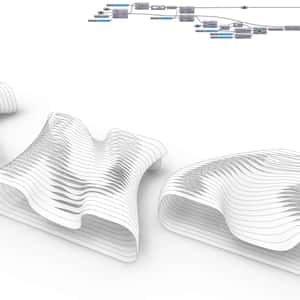
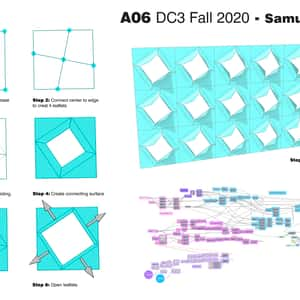
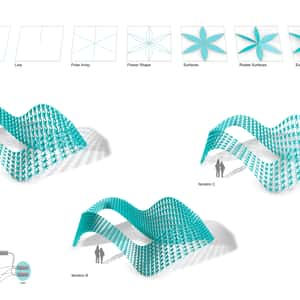
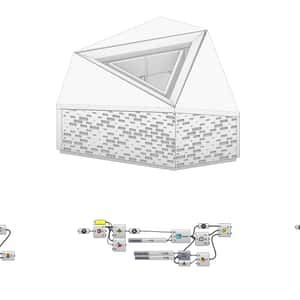
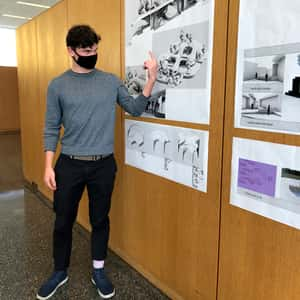
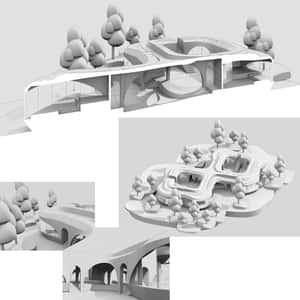
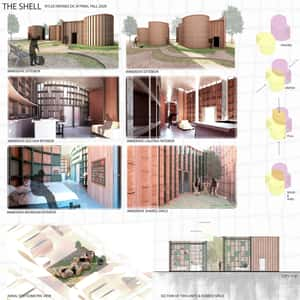
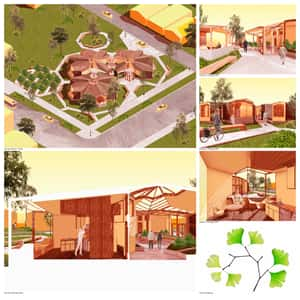
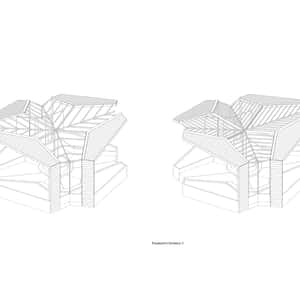
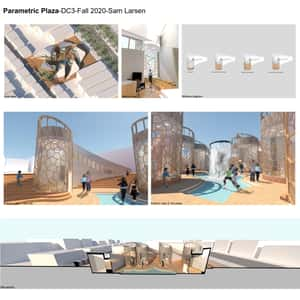
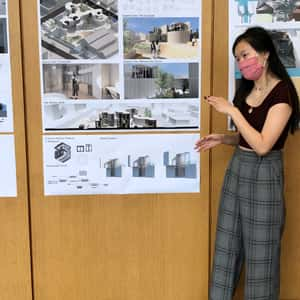
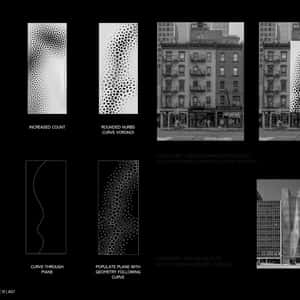
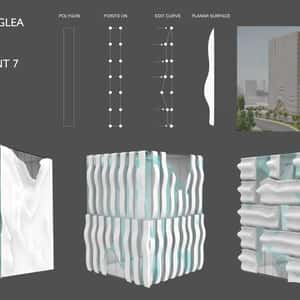
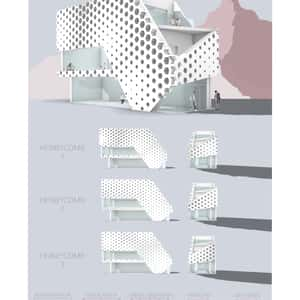
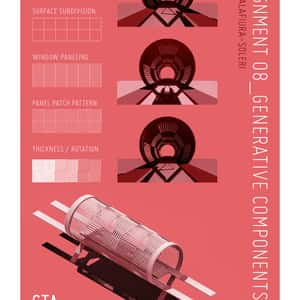
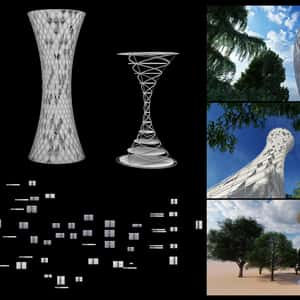
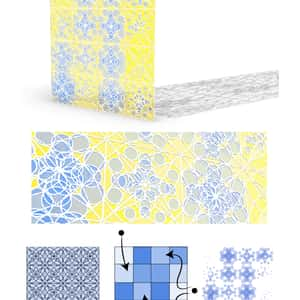
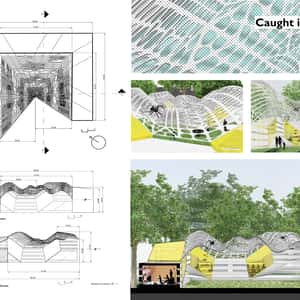
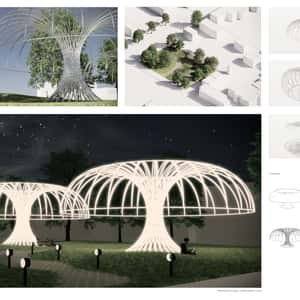
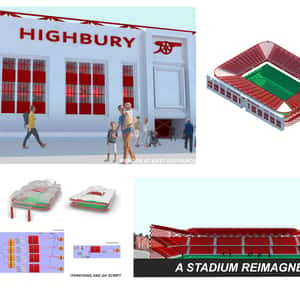
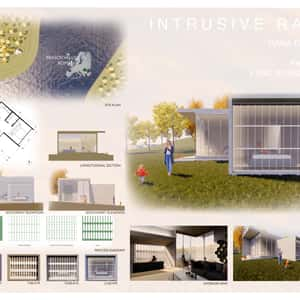
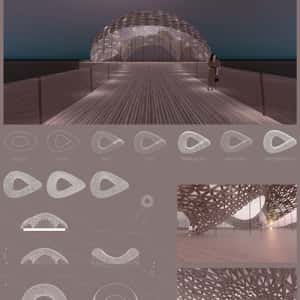
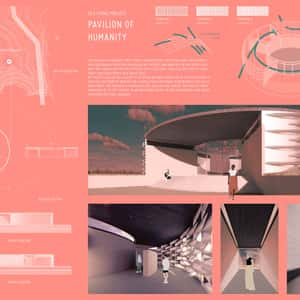
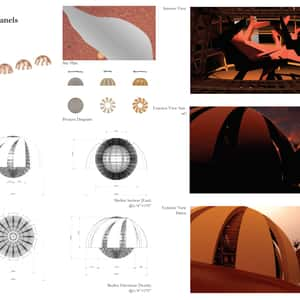
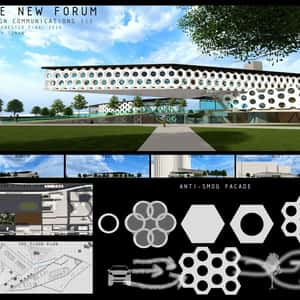
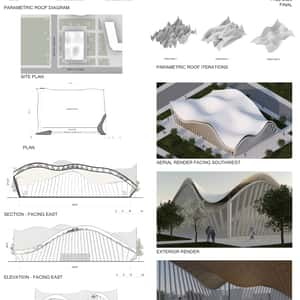
Core Curricula Spring
- Erik Saarlas •
- Crystar Lopez •
- Christian Contreras •
- Dayana Contreras •
- Delisha Mehta •
- Jacob Q Winters •
- Julianna Roberts •
- Leo Liu •
- Sarah Tessier •
- Ethan Casalins •
- Yiming Huo •
- Kara Connolly •
- Michael Graham •
- Esmahan Muthana •
- Kwok Caleb •
- Tori Charmoli
ARCH 108 : Design Communications II
This course will focus on 3D modeling of geometric components in Architecture and design. Computer 3D Modeling types covered are: Explicit Modeling, Nurbs Surface Modeling and Basic Computer Rendering.
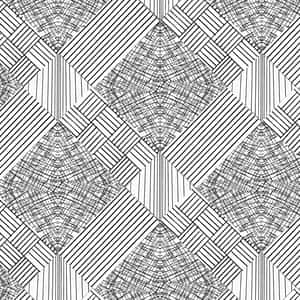
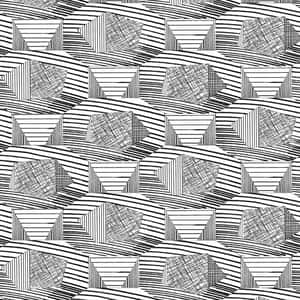
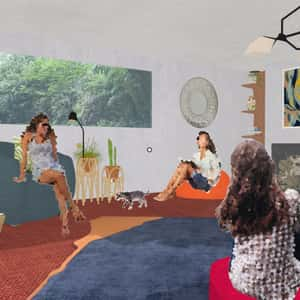
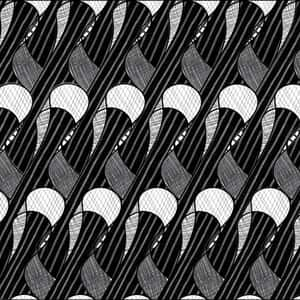
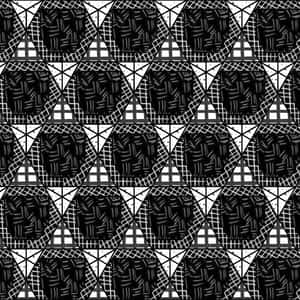
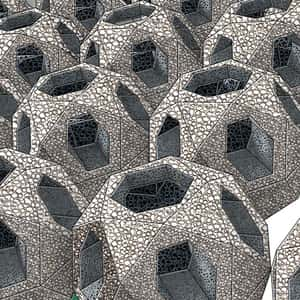
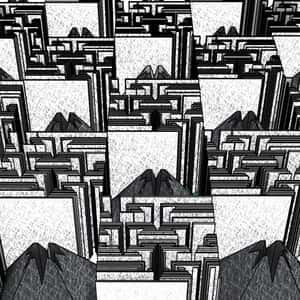
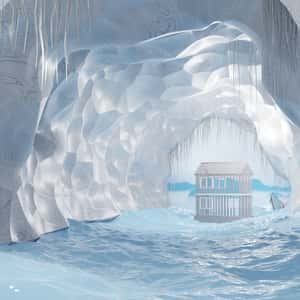
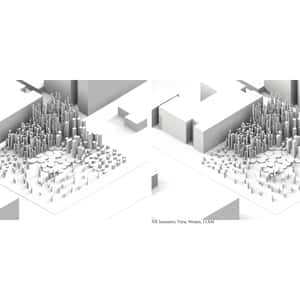
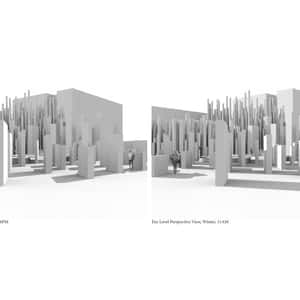
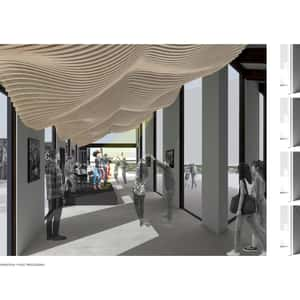
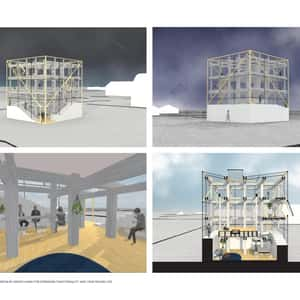
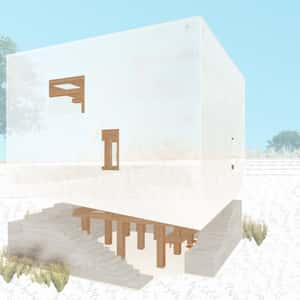
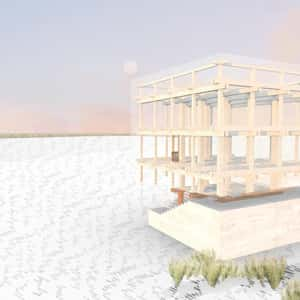
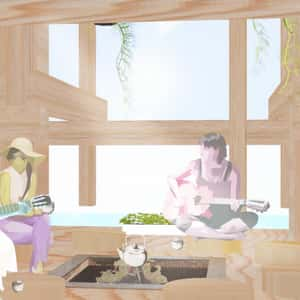
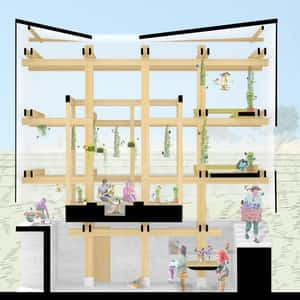
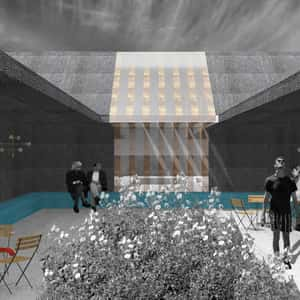
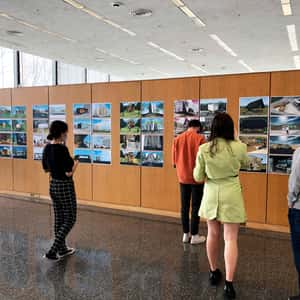
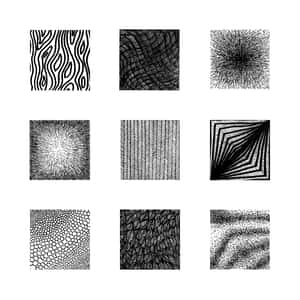
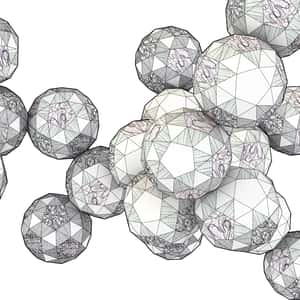
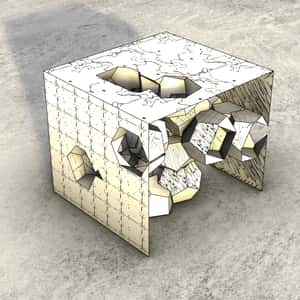
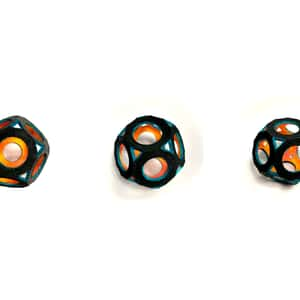
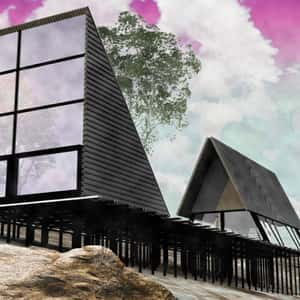
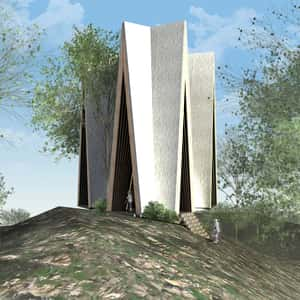
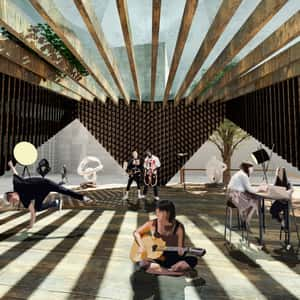
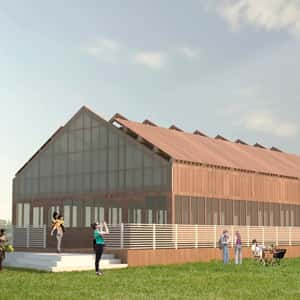
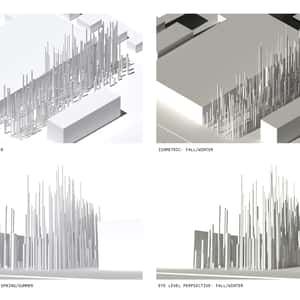
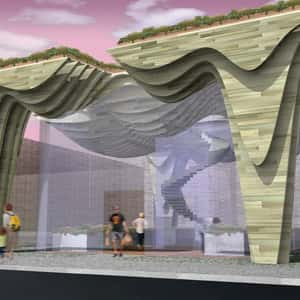
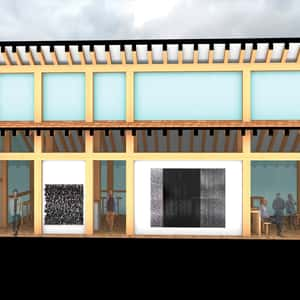
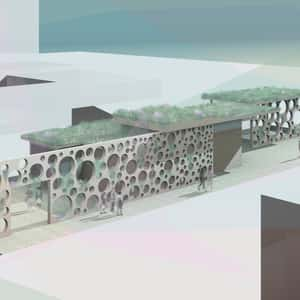
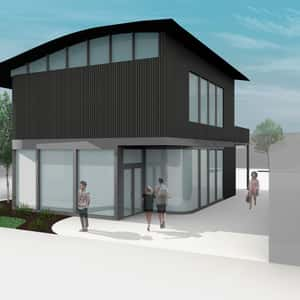
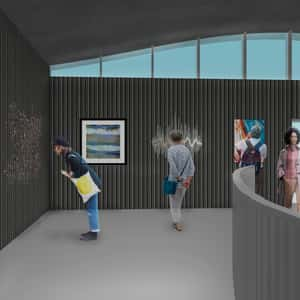
- Luis Vazquez •
- Stephanie Hernandez •
- Leslie Sadkowski •
- Jesus Perez •
- Ekaterina Bystrova •
- Olena Prysiazhniuk •
- Alejandro Reyes •
- Brenda Cardenas •
- Saeah Yu •
- Galilea Ines •
- Kevin Garcia
ARCH 215/505 : Site Design, Planning, and Ecology
This cross-listed graduate/undergraduate course provides an introduction to the fundamentals of site design and the analysis of topography, soils, climate, solar, wind, thermodynamics, water management, trees/vegetation, and accessibility as environmental design factors. The course format includes lectures, site visits, and workshops to develop a better understanding of the complex relationship between building and landscape.
Ecology serves as a point of departure in class discussions to observe, analyze, comprehend, and interpret the system of relationships established through architecture and its physical environment at a variety of scales. The course focuses on the fundamental processes of natural systems and the acquisition and implementation of specific tools and technologies that serve to inform the design process in architecture, particularly in relation to site.
